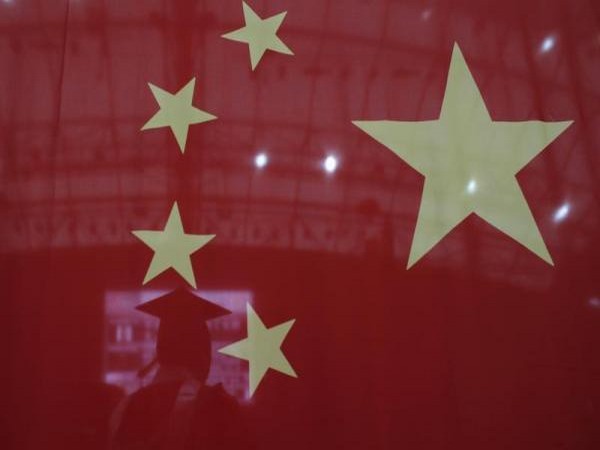Since late August, more than 74 cities in China have been completely or partially blocked for epidemic prevention, affecting more than 300 million people and more cities will join the lockdown before the 20th National Congress of the Communist Party of China. Communist party workers and government officials rushed to show loyalty to its supreme leader Xi Jinping ahead of the 20th Party Congress, fearing they would lose their jobs due to the massive outbreak. The Chinese Communist Party (CCP) will begin its 20th Congress on 16 October, with Party Chief Xi Jinping widely expected to be reinstated, an unprecedented third term.
According to CNN, at least 74 cities with a combined population of 313 million have implemented lockdowns covering entire cities, regions, or multiple communities since August 20. These include 15 provincial capital cities and municipalities directly under the Central Government. Recently, many major cities including Shenzhen and Chengdu have been locked down again.
In Shenzhen, the tech hub of southern China, officials over the weekend ordered the city centre to close, suspend subway and bus services in the area, and told most residents to stay home. Roughly 90 per cent of the city’s 18 million residents had to go through multiple rounds of COVID-19 testing. Authorities have vowed to “mobilize all available resources, mobilize all forces and take all possible measures” to stamp out the pandemic.
On September 1, Chengdu ordered the implementation of nucleic acid testing for all employees. 21 million residents were required to “stay at home in principle”. Each resident can only arrange for one person per day to go out to buy living materials at the nearest place, and to show a negative nucleic acid certificate within 24 hours. The Chengdu government has not given an exact date for ending the measures.
Chengdu, the capital of Sichuan province and the economic centre of inland China, has become the largest city to implement similar measures since Shanghai closed the city in April. As an important economic centre, Chengdu’s factories have just experienced the crisis of high-temperature power cuts and shutdowns, and then entered a state of blockade. Its manufacturing industry and residents’ consumption have suffered a double blow.
Some other major Chinese cities have also tightened restrictions to prevent the spread of the virus, including Shenzhen and Guangzhou in the export-heavy Guangdong province, and Dalian, a port city in the northeast. The combined economic output of these cities accounts for about 7.5% of China’s GDP.
In addition, many colleges and universities in Beijing have tightened controls on student activities. According to the “Wall Street Journal” report, many colleges, and universities, including the top university Tsinghua University, require students to stay in dormitories for three days after returning to school and have meals in designated cafeterias. Some colleges and universities require students to “not leave school unless necessary” by mid-September.
Some analysts believe that with the approaching of the 20th National Congress, the more serious the reset measures will be because officials are more concerned about their political future than the economy, so the 20th National Congress Former officials from all over the country are choosing sides, and they are all showing their loyalty to Xi Jinping through “clearing”, so no matter how much Premier Li Keqiang tries to save the economy, no one will move.
At present, most parts of the world have returned to normal life and implemented the “coexistence with the virus” policy. But in China Xi Jinping has repeatedly emphasized that we must unswervingly adhere to the COVID “Zero Policy”, and other routes are unacceptable. Experts see the 20th Party Congress as an occasion for the party to celebrate and tout the party’s achievements, as well as those of Xi Jinping during his decade in power. If a large-scale epidemic breaks out, it may damage the image of the CCP’s victory, and local officials will not even be able to keep the black gauze hat. While officials rush to implement the COVID “Zero Policy”, ordinary people are growing increasingly angry at the endless restrictions on daily life and the devastating blow to the economy.

